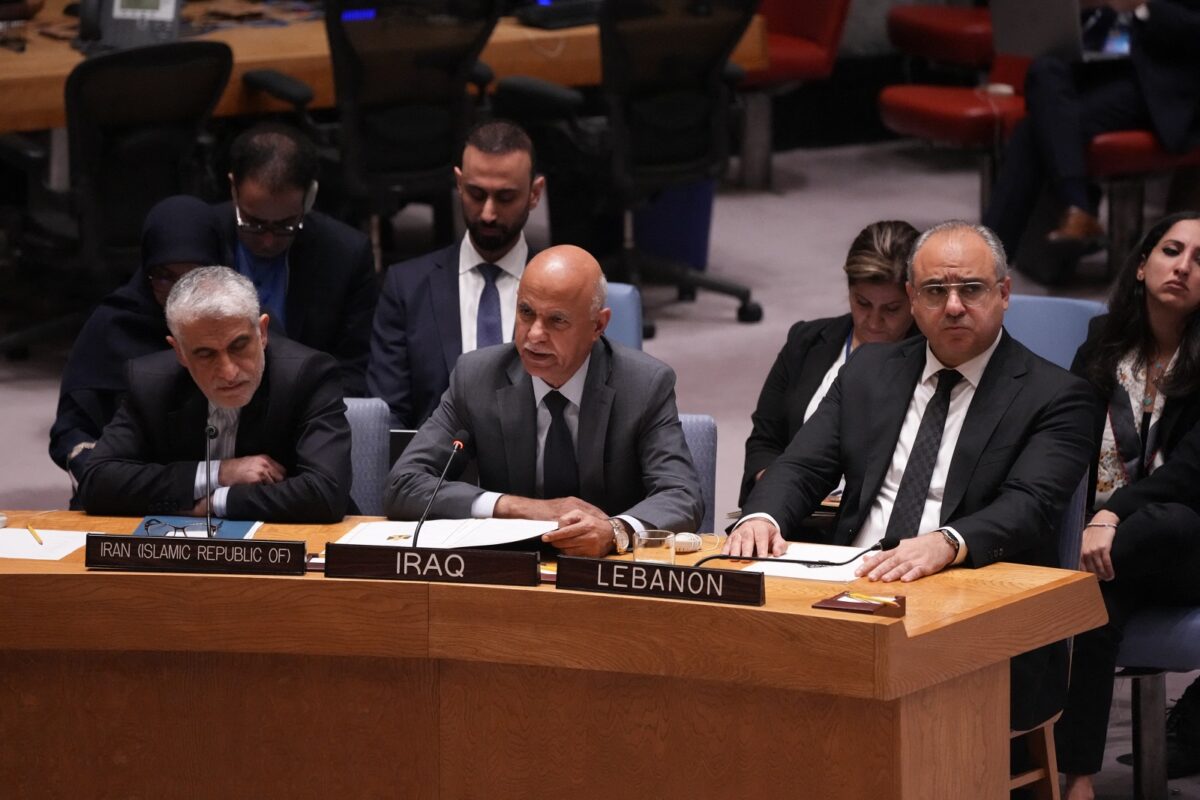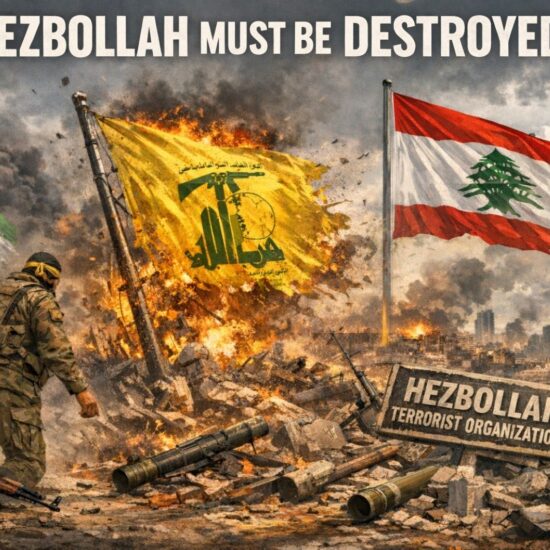
Rarely in modern history has a war remained a latent, smoldering threat for ten full months without spreading its flames far and wide. Also rarely has there been such a series of repeated attempts to prevent a war from erupting, involving major global powers, their foreign ministers, and delegations from Western security agencies, alongside Arab ambassadors. These efforts focused on presenting solutions based on the legitimacy of international resolutions, especially Resolution 1701, aiming to stabilize the southern borders with the Israeli entity, secure a ceasefire along the Blue Line, and ensure Lebanon’s return to its internationally recognized borders as defined by the 1949 Armistice Agreement.
The ceasefire and implementation of Resolution 1701 were an international and Israeli demand. Had it been achieved, its guarantees would have been backed by major countries such as France, the UK, Germany, and the US. Contrary to what hypocritical rejectionists claim, Israel would not have been able to disregard this agreement after concluding its war on Gaza. Otherwise, why hasn’t the Karish gas field agreement and the maritime border demarcation collapsed amid this raging war?
Hezbollah rejected any settlement, followed by Parliament Speaker Nabih Berri, and the entire government, including its Prime Minister Najib Mikati, embraced the stance of linking a Gaza ceasefire to a ceasefire in Lebanon.
In his last speech, the late Sayyed Hassan Nasrallah told the Israeli enemy: “Between us are the days, nights, and the battlefield.” Yet, as the war unfolded and the battlefield imposed its balance, the narratives of the rules of engagement, deterrence, and the theory of united fronts collapsed.
Within ten days, between September 17 and 27, we reached astonishing, harsh, and bitter results. The ceasefire, once mocked and ridiculed by every international or Western official who sought to mediate it, became a consensus in Lebanon, with all political forces, including Hezbollah, rallying around it.
Today, after the displacement of one million Shia refugees and the vast destruction that has ravaged southern villages, Nabatiyeh, the Bekaa Valley, and Baalbek-Hermel, the entire country now demands a ceasefire and the implementation of Resolution 1701!
Regardless of the surreal and absurd nature of the Lebanese positions, whether official, parliamentary, or Hezbollah-aligned, and the recklessness of the ruling elite, legitimate questions arise:
The first is whether this demand is even feasible in the current reality, amid rampant denial, detachment from reality, and disregard for the disasters that have unfolded, as seen in Sheikh Naim Qassem’s speeches. He still believes he is in a position to assign tasks to everyone: Berri is tasked with negotiating only the ceasefire, while issues like forming a government, electing a president, and disarming south of the Litani River are postponed, to be addressed later with Sheikh Naim’s benevolence.
He also assigns the prime minister the task of sheltering and aiding refugees, seeking Arab sympathy to beg on their behalf. He further expects other political and sectarian factions to welcome and care for refugees in their regions, under the guise of national solidarity.
Meanwhile, what does he offer in return? Absolutely nothing. Instead, Hezbollah’s media officer, Mohammad Afif Naboulsi, whom I once considered more discerning, publicly scolds and rebukes Lebanese media, while reporters face beatings and humiliation while doing their jobs.
The Lebanese, individuals, parties, and groups, have restrained themselves from criticizing Hezbollah despite the grievous blows it has suffered, including the loss of its historic leaders and its Secretary-General. Out of a sense of responsibility, they refrained from questioning the party about the blunders that led to Lebanon’s current predicament. However, any form of nobility should be reciprocal. Those who made mistakes should at least have the decency to recognize their errors, not assume the role of moral authority, distributing roles and dictating tasks.
Sheikh Naim hints at accepting a concession to Israel through Resolution 1701 and withdrawing his forces north of the Litani, yet he refuses to make any concessions to Lebanon and its people by freeing the state and its institutions, which have been hijacked since Michel Aoun’s election in 2016. The true liberation lies in allowing Lebanon to restore its political system and constitutional institutions.
The second question is, how do the decision-making circles in the Arab and Western worlds perceive this ceasefire demand? And what are their reactions to the escalating war in Lebanon?
It’s clear that none of the Arab or international powers are inclined to throw Hezbollah a lifeline. Over the decades, Hezbollah has amassed numerous enemies by engaging these nations on political, security, or media fronts, often in alignment with Iran’s interests. This has cultivated a deep-seated hostility, with many awaiting the opportunity to retaliate. This is evident in the lack of condemnation for Israel’s war on Lebanon. Thus, any potential settlement will not be aimed at easing Hezbollah’s predicament or responding to Iranian mediation but rather at addressing Lebanon’s humanitarian crisis once it is free from Iran’s and Hezbollah’s domination. Hence, any international or Arab effort to reach a ceasefire will only be possible with the curtailing of Hezbollah’s grip on Lebanon’s ruling system and the reduction of Iran’s influence.
The third question is: any settlement requires two parties, mediators to pressure both sides, and guarantees for its implementation. It’s clear that one party is Israel, backed by the US, regardless of its administration. But who is the second party? Iran? In exchange for what? Or Hezbollah? And with which leadership? Is Sheikh Naim Qassem or Sayyed Ibrahim Amin Sayyed capable of this? Or is it the Lebanese state? Which state? Is it the bizarre duo of Najib Mikati and Nabih Berri?
Finally, any lasting settlement for stability along Lebanon’s southern borders with Israel, and the mutual implementation of Resolution 1701, requires a strong and impartial role for the Lebanese army. This requires enhanced manpower, equipment, and weaponry, which can only be secured with French and Western support. Additionally, the success of Resolution 1701’s implementation south of the Litani depends on the emergence of a sovereign Lebanese state, exercising full authority over its borders, wielding exclusive control over force, and making geopolitical decisions. Without such a state, Lebanon will not achieve a lasting ceasefire or any sustainable settlement, nor will the displaced be able to return home. Such outcomes also depend on substantial financial backing from the Gulf states, driven by a strategic Saudi decision.
This war is dangerous and bitter, and it goes beyond the simplistic reminders that Lebanon’s border is with Palestine and that we cannot separate the two. It also transcends the well-worn rhetoric of Israel as the Arab enemy and its repeated attacks on Lebanon. Nasrallah’s war of support for Gaza, which spared Iran and Syria, was avoidable, serving only as a strategic Iranian demand, as confirmed by Supreme Leader Khamenei in his last speech.
Lastly, those who gamble with their people’s fate to execute their master’s orders cannot be trusted to lead us to safety. Those who prioritize loyalty to Iran over the welfare of Lebanon’s Shia are not qualified to save them or us.
The views in this story reflect those of the author alone and do not necessarily reflect the beliefs of NOW.
Published in Janoubia on 16/10/2024







